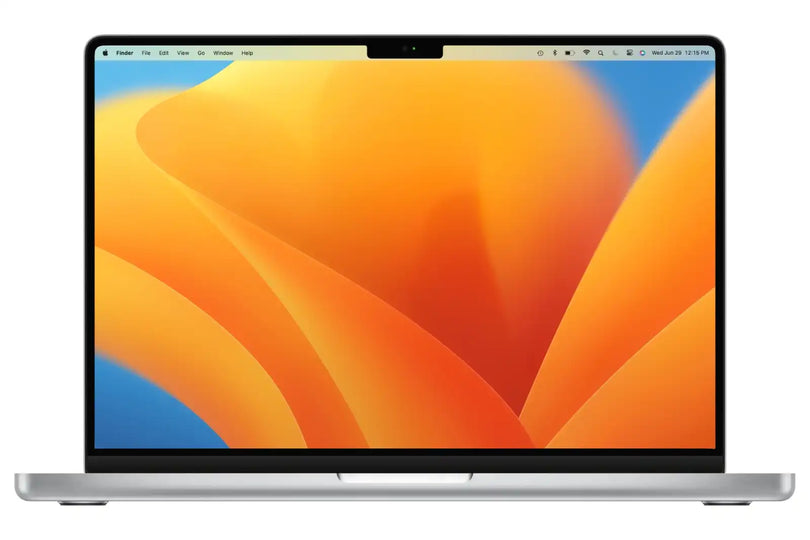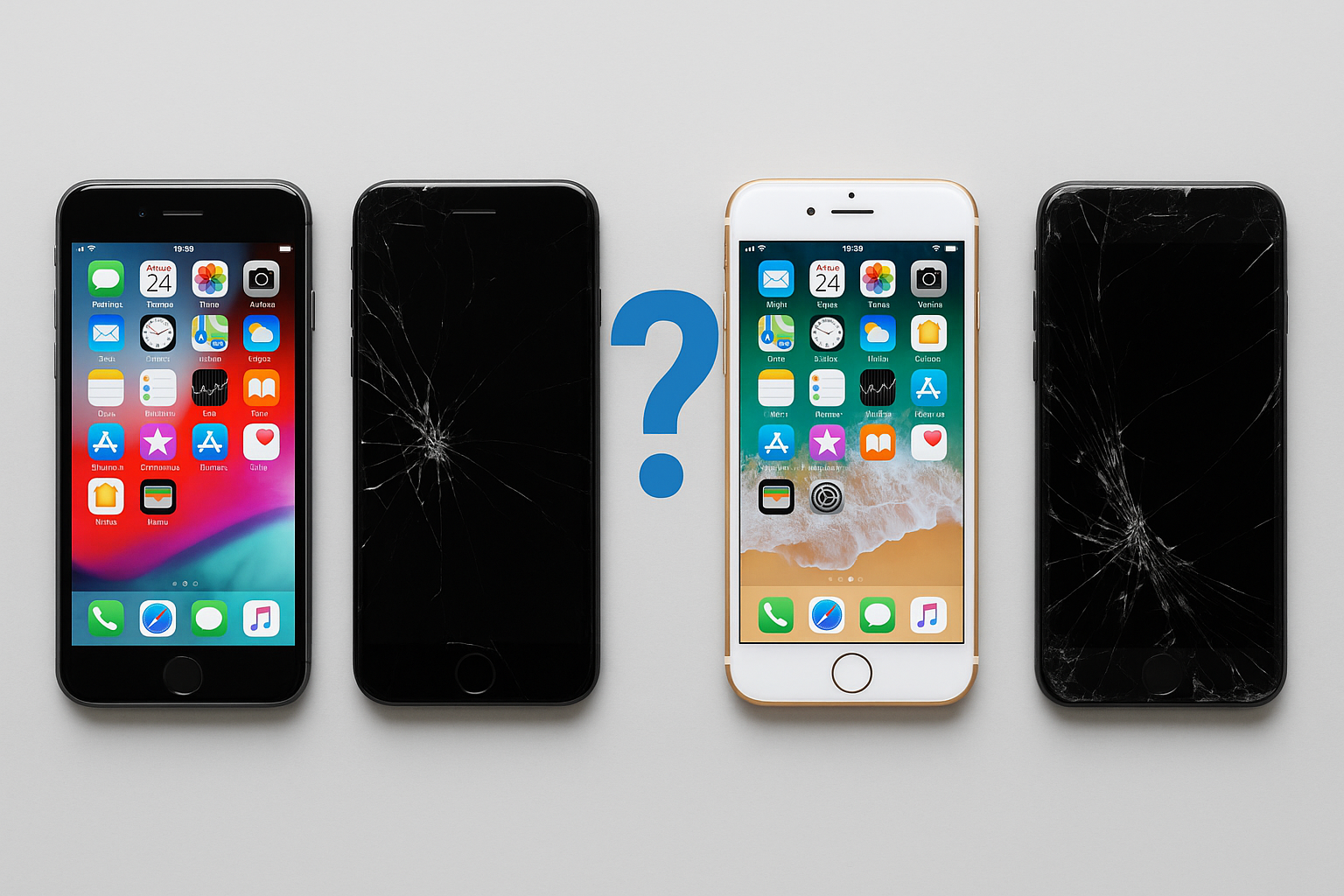How Are Lenovo and Dell Leading the Charge in Promoting Sustainability?
As environmental sustainability becomes a paramount concern, global companies like Lenovo and Dell are taking significant steps to reduce their environmental impact. Both firms are committed to sustainable practices, focusing on energy efficiency, sustainable materials, and circular economy initiatives that lead the tech industry toward a greener future. Let’s take a look at how these two giants are paving the way for responsible tech manufacturing and consumption.
Lenovo’s Pioneering Role in Sustainability
When it comes to eco-friendly initiatives, Lenovo has set ambitious goals. The company’s commitment to achieving carbon neutrality across its entire value chain by 2050 is one of the most noteworthy. Lenovo is aiming to reduce its carbon footprint across operations, product lifecycle, and supply chains.
- Energy-efficient Products: Lenovo’s ThinkPad and ThinkVision product series are designed to consume less energy throughout their operational life. These products possess certifications such as ENERGY STAR, ensuring they meet high energy efficiency standards.
- Use of Eco-friendly Materials: Lenovo incorporates recycled plastics in many of their devices. In certain laptops and desktop models, over 50% of the materials used come from post-consumer recycled content, demonstrating their commitment to using sustainable materials.
- Reducing E-waste: The company encourages consumers to engage in recycling, providing programs that accept end-of-life devices for responsible disposal and recycling. Lenovo’s "Trade-in and Reuse Programs" also allow consumers to trade in old electronics easily for new credits.
One notable initiative is Lenovo’s use of closed-loop recycling processes. By reusing materials from old devices in the manufacturing of new ones, Lenovo reduces the need for virgin resources and lowers its carbon footprint across the product lifecycle.
Dell’s Vision for a Circular Economy
Dell is equally committed to fighting climate change, with a focus on promoting a circular economy. This means designing products and processes that encourage the reuse and recycling of materials, drastically reducing waste sent to landfills and the demand for raw material extraction.
- Recycled and Renewable Materials: Dell integrates recycled plastics, ocean-bound plastics, and reclaimed carbon fibers into its products. The company’s XPS and Inspiron laptops, for instance, contain materials sourced from sustainable suppliers.
- Packing Innovation: Dell has set a goal for 100% of its packaging materials to be made from recycled or renewable materials by 2030. The company is already making use of bamboo, molded pulp, and other renewable resources in its packaging solutions.
- Energy Efficiency: Dell devices such as the Latitude and XPS series are designed to maximize energy efficiency while minimizing power consumption. These devices meet the strict standards of ENERGY STAR and EPEAT certifications.
Dell also operates a robust recycling program. The Dell Reconnect program, in partnership with Goodwill, allows consumers to drop off their old electronics for free recycling. Dell’s long-term vision is to utilize 100% recycled or renewable materials in all of their products by 2050, further cementing their leadership in the circular economy.
What It Means for Consumers
Consumers are starting to place more importance on sustainability when purchasing new electronics. By choosing laptops, desktops, and other electronics from companies like Lenovo and Dell, consumers can make eco-conscious decisions without sacrificing performance or innovation. With cutting-edge technologies now being produced under green initiatives, purchasing sustainable gadgets helps reduce your carbon footprint and contributes to a more responsible digital ecosystem.
Furthermore, when it’s time to upgrade or dispose of an old gadget, consumers have never had more options. Whether it’s through participating in corporate trade-in programs or opting to buy or sell used electronics, there are numerous ways to extend the lifecycle of devices while minimizing environmental waste.
Conclusion
Lenovo and Dell are leading the way in tech industry sustainability, integrating green strategies across their products and operations. From using sustainable materials to offering recycling programs, these companies show that the future of technology need not come at the expense of the planet. As consumers become increasingly aware of the environmental impact of their purchases, Lenovo and Dell’s commitment to sustainability make them ideal choices for eco-conscious tech buyers.






